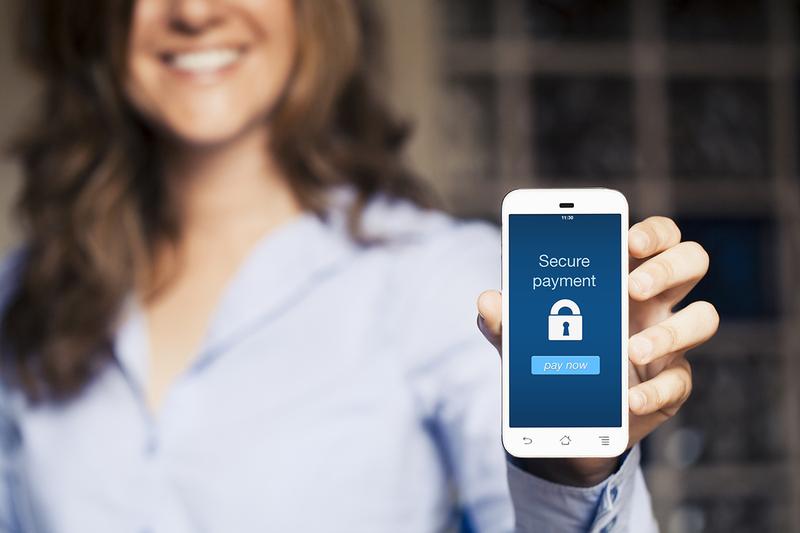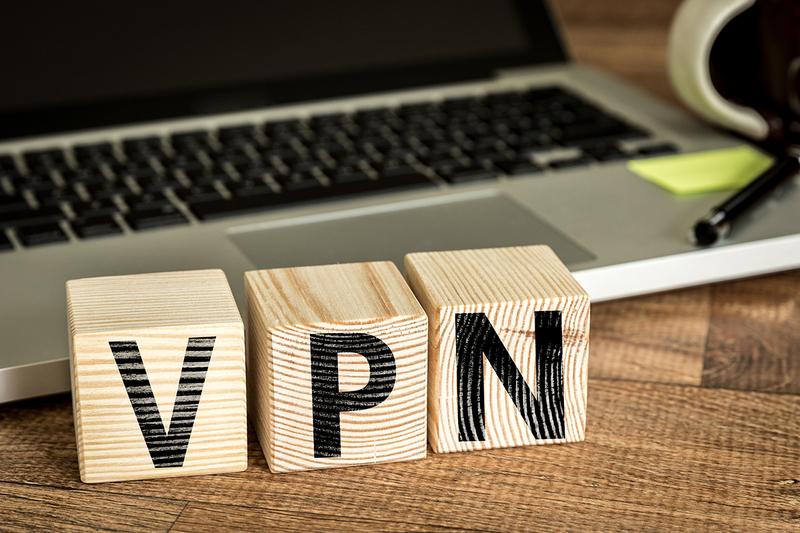VPN Helps Protect Women Concerned About Cyberstalking

Despite the hope that the online world would somehow overcome basic human awfulness, it has mostly ended up mirroring humanity in the real world. This makes sense because the Internet, despite being a feat of engineering to rival the Great Pyramids, is still just a loose collection of people. And like everything within the sphere of human influence, the “brave new world” of Internet technology is enslaved to human nature. Technology can't change human nature, and human nature itself hasn't changed appreciably in approximately one hundred thousand years.
A convincing argument can be made that the Internet actually makes certain aspects of human behavior worse. Nowhere is this more true than the victimization of women via cyberstalking. Both men and women are subjected to online harassment, but women are twice as likely to receive death threats and threats of rape or other sexual violence. Online harassment has been called “a problem of epidemic proportions,” and women entering male-dominated industries like video gaming have even been driven from their own homes by online threats. Women today face unprecedented cyberstalking and other forms on online harassment. In this article, lets take a look at the ways VPN helps protect women concerned about cyberstalking.
What is Cyberstalking?
Cyberstalking is defined as the use of electronic communication methods to persistently harass a person or a group of persons. It includes the use of Internet technology such as email, text messaging, social media platforms, and threatening phone calls. It often occurs alongside actual physical stalking. Cyberstalking concerning women is on the rise because online interaction provides a level of anonymity unknown until very recently. People will say and do things from the anonymity of cyberspace that they wouldn't dare say to someone's face due to fear of the social consequences. That's what manners are: polite behavior based on the fear of what an individual or a society will do to you if you don't behave yourself. The anonymity inherent in online interaction has taken a serious toll on manners. Our interconnected world of personal data also makes cyberstalking relatively easy for anyone with basic computer skills.
Why Women Should Be Concerned About Cyberstalking
Women should be concerned about cyberstalking because the volume of hate and vitriol spewed at them online is at an all-time high. Women are cyberstalked for a number of reasons, including:
- Rejection of romantic interest – Some men don't take kindly to being turned down by women they've taken a shine to. Some become obsessed and delusional, making up a fantasy romance in their minds where none actually exists. Such men usually engage in some form of cyberstalking or cyberharassment of the targets of their “affections,” and in some cases, actually kill them.
- End of a relationship – While both men and women use the Internet to keep tabs on their ex's, women are at higher risk of victimization due to cyberstalking. About 75% of stalking victims know their stalker personally, and 11% get stalked for five years or longer.
- Being part of a targeted group – Sometimes women are cyberstalked as part of a larger group. A good example of this is the abuse suffered by female video gamers and game developers during the #GamerGate controversy.
How Are Women Affected By Cyberstalking?
Besides the sheer unpleasantness of being continually harassed, cyberstalking can affect concerned women in various ways, including:
- Being tracked via GPS – If someone has your phone number, they can track you via the Global Satellite Positioning (GPS) software in your cell phone. The locations of all Android phones, for example, are updated by Google every 45 seconds. Anyone with a GPS tracking app and your phone number can track your exact location in real time.
- Plant malware on your computer – A cyberstalker may attempt to install malware on your computer. This can help them control you by allowing them to steal personal data like emails, texts, bank account info, and social media profiles. This is especially true if the cyberstalker is a former friend or partner – someone who has or has had access to your computer.
- Online impersonation – One common tactic in cyberstalking is for stalkers to impersonate their victims online. This can take many forms, like using email spoofing to send email that appears to come from you to your friends and family. The email usually contains private and/or potentially embarrassing information. Another tactic is opening social media accounts using your name, following your friends and family, and then revealing personal photos and other info to your social media circle.
- Doxing – Doxing means using the Internet to publish personally identifying information about you to the public, usually with malicious intent. Cyberstalkers will sometimes “dox” you by publishing info like your physical address, phone number, or social security number. Doxing is a form of revenge that allows you to then be victimized by the public at large.
- Identity Theft – Cyberstalkers will also sometimes steal your identity and use it to run up huge debts in your name. Ruining your financial health is a common form of revenge for ex husbands and boyfriends.
How VPN Protects Women Concerned About Cyberstalking
- Protects against GPS tracking – VPN hides your physical location because it allows your computer or phone to borrow the identity of a server on the VPN network. Your actual IP address is masked and cannot be tracked.
- Protects against computer/phone hacking – Along with masking your identity, VPN encrypts all of your data transmissions. This makes it harder to hack into your computer or your phone.
- Makes it harder to plant malware – Remotely planting malware on your devices becomes much more difficult with VPN. Locating your real IP address is next to impossible while you're connected to the VPN network.
- Encrypts sensitive data like usernames and passwords – Even if someone planted malware on your devices, VPN encrypts all of your data, meaning that any data that was exposed via malware would still be unreadable due to the VPN encryption protocols.
The cyberstalking of women is a real concern these days. And if you're a woman who's concerned about cyberstalking, I urge you to sign up with a VPN service like Secure VPN today.



